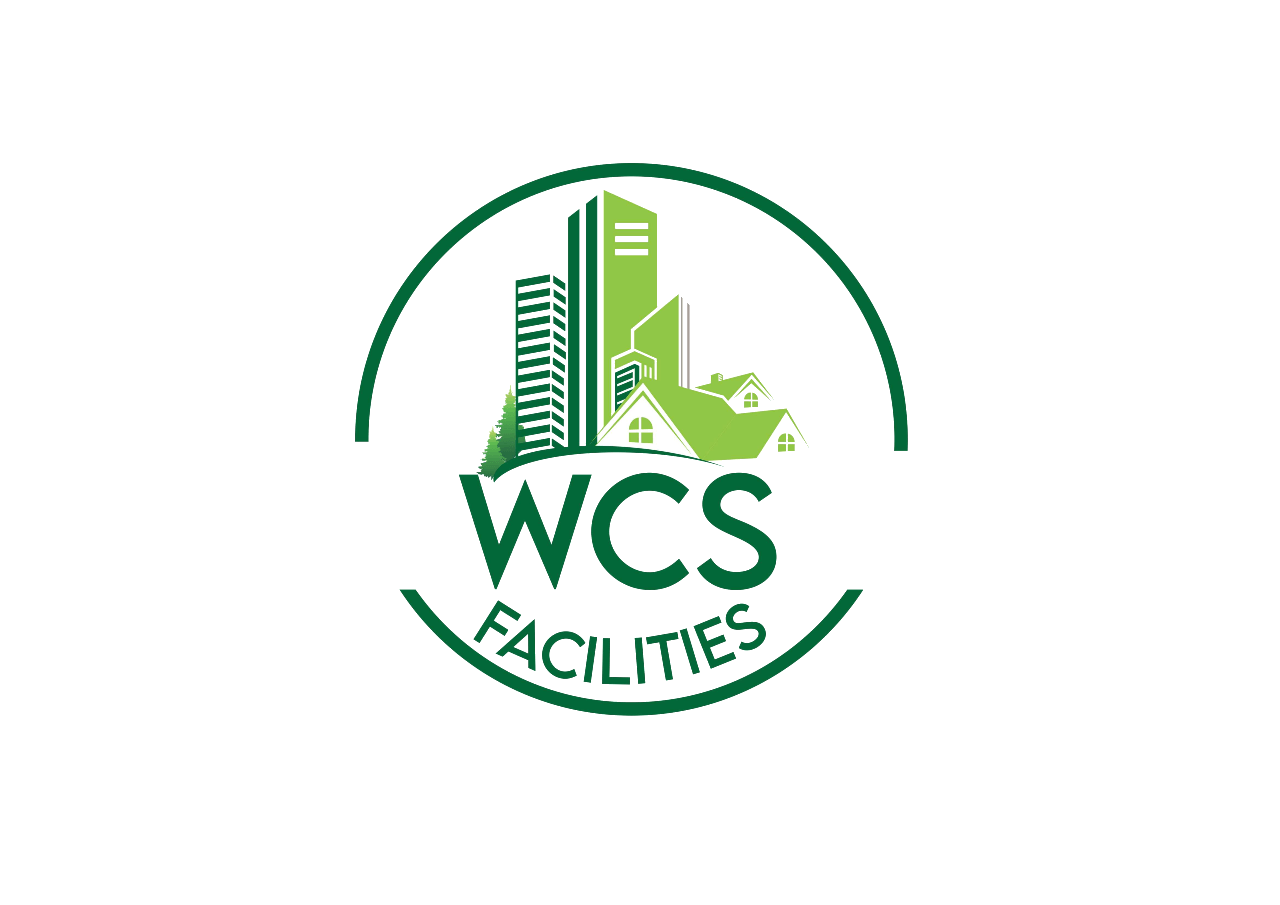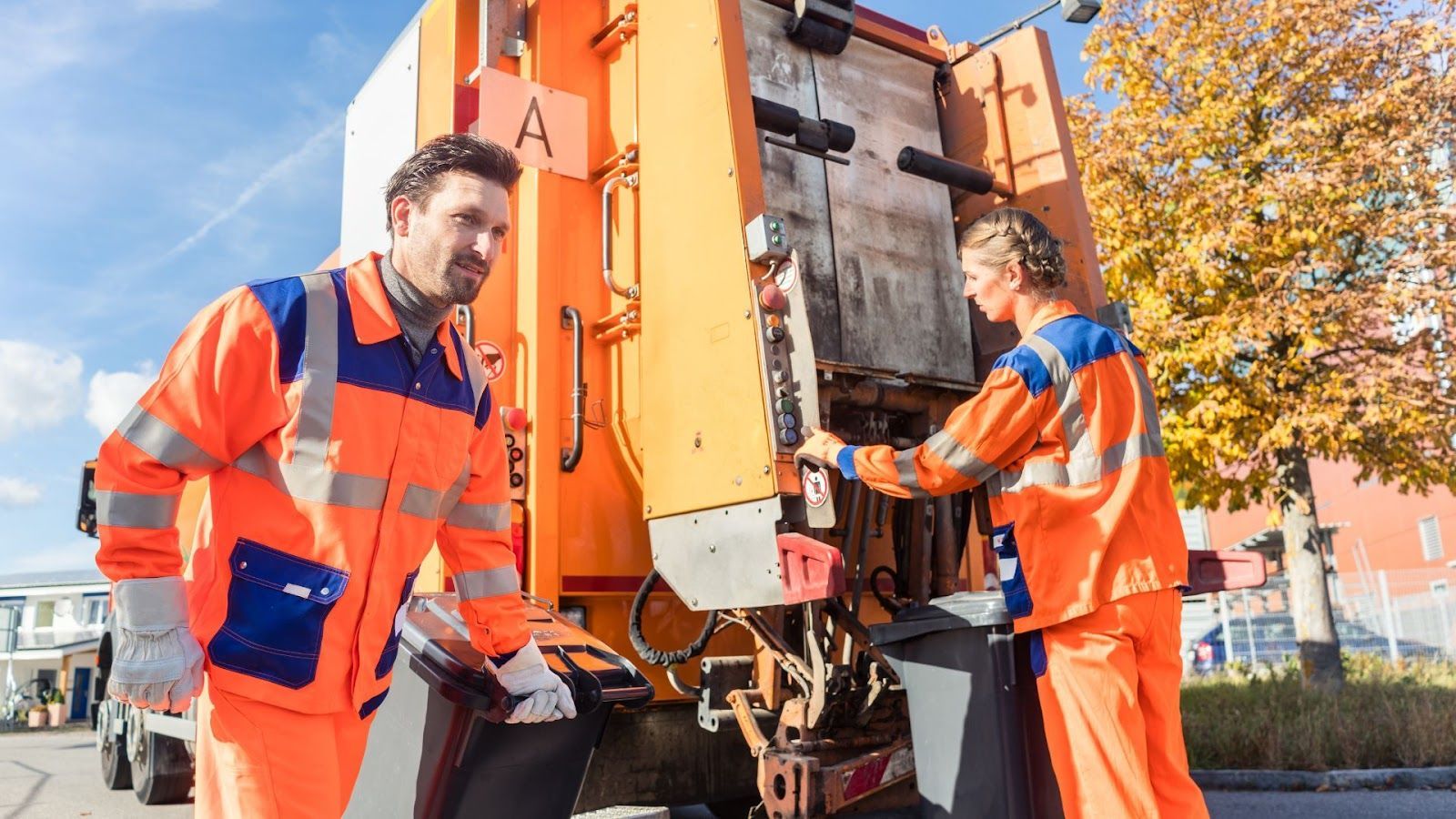Mastering Waste Management: The Do's and Don'ts for a Sustainable Future
Waste management has emerged as a critical issue in an era where environmental consciousness is paramount. How we handle waste affects our immediate surroundings and has far-reaching consequences for the planet's health. Responsible waste management practices are essential for preserving natural resources, reducing pollution, and mitigating climate change. To navigate this complex landscape effectively, it's necessary to understand the do's and don'ts of waste management.
The Do's
Reduce, Reuse, Recycle (The Three R's):
- Reduce: Minimize waste generation by opting for products with minimal packaging, buying in bulk, and avoiding single-use items.
- Reuse: Give items a second life by repurposing them whenever possible. Donate or sell no longer needed items instead of throwing them away.
- Recycle Sort materials like paper, plastic, glass, and metal for recycling. Utilize recycling programs provided by your community or workplace.
Educate and Engage
- Educate Yourself: Stay informed about local waste management guidelines and initiatives. Understand what materials can be recycled and how to dispose of hazardous waste properly.
- Community Engagement: Participate in community clean-up events, waste reduction programs, and advocacy efforts. Encourage others to adopt sustainable practices through education and example.
Composting
- Kitchen Scraps: Compost organic waste such as fruit and vegetable scraps, coffee grounds, and eggshells. Use compost to enrich soil and reduce the need for chemical fertilizers.
- Yard Waste: Compost leaves, grass clippings, and garden trimmings to divert them from landfills and create nutrient-rich soil for gardening.
Responsible Disposal
- Hazardous Waste: Dispose of hazardous materials like batteries, electronics, and chemicals at designated drop-off locations or through specialized recycling programs. Improper disposal of these items can harm the environment and human health.
- Proper Segregation: Separate waste into recyclables, organic waste, and non-recyclables to facilitate appropriate disposal and recycling processes.
Encourage Sustainable Practices
- Support Eco-Friendly Businesses: Patronize businesses that prioritize sustainability and eco-friendly packaging practices.
- Advocate for Change: Advocate for policies that promote waste reduction, recycling, and environmentally responsible practices at the local, national, and global levels.

The Don'ts
Avoid Contamination
- No Mixing: Avoid contaminating recyclable materials with non-recyclables—clean and dry recyclables before placing them in recycling bins to prevent contamination.
- Keep Hazardous Waste Separate: Do not dispose of hazardous materials such as batteries or chemicals in regular trash bins. Improper disposal can pose risks to sanitation workers and the environment.
Say No to Illegal Dumping
- Illegal Dumping: Never dispose of waste illegally by dumping it in unauthorized areas such as vacant lots, water bodies, or public spaces. Illegal dumping harms ecosystems, pollutes waterways, and contributes to public health hazards.
Don't Waste Food
- Minimize Food Waste: Avoid overbuying groceries and plan meals to minimize food waste. Utilize leftovers creatively and compost food scraps instead of throwing them away.
- Support Food Recovery Programs: Donate excess food to food banks or participate in food recovery programs to help reduce food waste and alleviate hunger in the community.
Don't Ignore Electronic Waste
- E-Waste Management: Dispose of electronic waste (e-waste) responsibly by recycling it through certified e-waste recycling programs. Electronics contain hazardous materials that can leach into the environment if improperly disposed of in landfills.
Don't Disregard the Impact
- Environmental Consequences: Recognize irresponsible waste management practices' environmental and social impacts. Take responsibility for your waste generation and strive to minimize your ecological footprint.
Mastering waste management is a collective responsibility that requires individual and collective action. Following the dos and don'ts outlined above can contribute to a cleaner, healthier planet for current and future generations. Remember, every small effort counts towards building a more sustainable future, so let's work together to make a positive impact through responsible waste management practices.

Elevate Your Waste Management With WCS Facilities Management!
Optimize your operations with our tailored waste solutions designed to meet the unique demands of your business. WCS Facilities Management ensures seamless, compliant, and cost-effective services from waste collection to recycling and disposal. Trust our team of experts to navigate the complexities of waste regulations, allowing you to focus on your core business functions.
Choose WCS for a reliable, professional waste management partner committed to excellence. Contact us today to take the first step towards a cleaner, more efficient operation. Let WCS Facilities Management redefine your waste management strategy, providing you with peace of mind and a greener, more responsible approach to waste disposal.
You might also like
Book a Service Today
We will get back to you as soon as possible
Please try again later
Quick & Reliable Commercial Facilities Management Services
We are available 24/7 via fax, email or telephone

Contact info
Useful links
Join the Newsletter
We will get back to you as soon as possible
Please try again later



